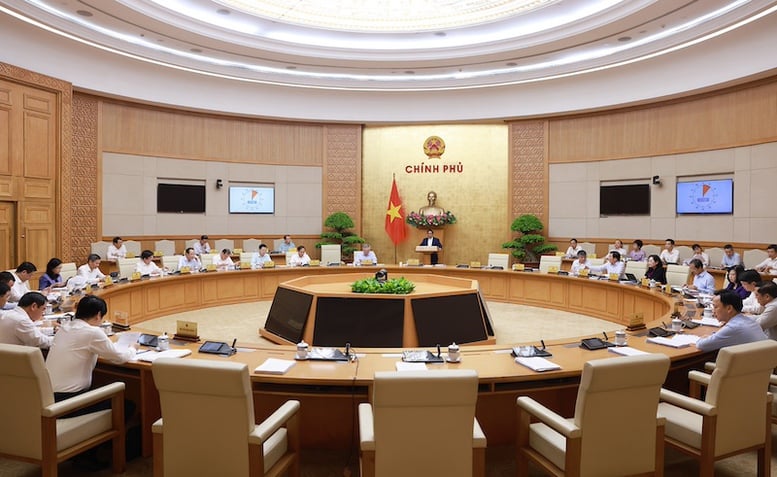
Prime Minister Pham Minh Chinh chaired a specialized meeting on law making in July 2025.
The Resolution stated: At the meeting on July 23, 2025, the Government discussed and gave opinions on the direction of the work of building institutions and laws; the Government's proposal on the 2026 Legislative Program and 06 draft laws, including: Draft Law on Vietnam Civil Aviation (amended); Draft Law on amending and supplementing a number of articles of the Law on Judicial Records; Draft Law on amending and supplementing a number of articles of the Law on Drug Prevention and Control (amended); Draft Law on Higher Education (amended); Draft Law on Vocational Education (amended); Draft Law on E-commerce.
Only apply the simplified procedure when absolutely necessary.
Regarding the direction of the work of building institutions and laws , the Government requires ministries and ministerial-level agencies to urgently develop and complete the dossiers of draft laws and resolutions that have been added to the Program of the 10th Session of the 15th National Assembly, ensuring quality and progress according to regulations. Regarding the proposal to build laws and resolutions, it is required to urgently develop a Submission proposing the addition of projects to the 2025 Legislative Program, only applying the shortened procedure in cases of real necessity. The law-making process must closely follow the direction of the Politburo and the Law on Promulgation of Legal Documents 2025, ensuring that the law is concise, within the authority and suitable for practice. Draft laws must ensure quality, be easy to understand, easy to apply, and codify clear issues and have high consensus. The law-making process must listen to and accept the opinions of scientists and experts, and seek opinions from those affected. For new proposed or amended laws, the reasons for amendments, supplements, reductions, and decentralization must be clarified and the Government must be informed of issues with different opinions.
Regarding the Government's proposal on the 2026 Legislative Program , the Government assigned the Ministry of Justice to preside over and coordinate with ministries and branches to complete the Proposal on the 2026 Legislative Program, ensuring full and timely institutionalization of the Party's policies and meeting the requirements of sustainable development. Law-making must prioritize the right focus, be submitted reasonably through National Assembly sessions, avoid concentrating too much in one session, and ensure the quality of draft laws and resolutions. In urgent cases, it is necessary to promptly report to the Government to apply a special mechanism according to current regulations. The Ministry of Agriculture and Environment, the Ministry of Public Security and ministries and ministerial-level agencies must carefully review the scope, form, and content of the proposed amendments and supplements in the draft law amending many laws in their state management fields.
Comprehensive innovation of policies and procedures in criminal records work
Regarding the Draft Law amending and supplementing a number of articles of the Law on Judicial Records , the Government assigned the Ministry of Public Security to preside over and coordinate with ministries and branches to continue perfecting the draft Law amending and supplementing the Law on Judicial Records. The draft Law needs to fully institutionalize the Party's guidelines, comprehensively innovate policies and procedures in judicial records work. Effectively apply technology to build a centralized database system, connected with national data on population. The provisions in the draft Law must be transparent, feasible, overcome shortcomings, ensure administrative procedure reform, and not cause inconvenience to people and businesses. Strengthen decentralization, assign responsibility to leaders, and have a mechanism to monitor law enforcement. Transitional provisions must be clear, avoiding legal gaps. Regarding the issue of granting Judicial Records to commercial legal entities, the Ministry of Public Security continues to study and refer to international experience to apply appropriately to Vietnam's reality.
Regarding the Draft Law amending and supplementing a number of articles of the Law on Drug Prevention and Control , the Government assigned the Ministry of Public Security to preside over and coordinate with relevant ministries and agencies to continue reviewing and carefully assessing the impact of new regulations and policies; handling and resolving difficulties and inadequacies. The content of the draft Law is in the direction of stipulating the framework, assigning the Government to regulate specific, detailed and specialized contents; protecting the rights and legitimate interests of individuals and organizations, avoiding legal gaps. Strengthening decentralization and delegation of authority; thoroughly reforming administrative procedures and promoting the application of technology and digital transformation in state management of drug prevention and control.
Creating a legal corridor for the application of digital technology and artificial intelligence in higher education
Regarding the Draft Law on Higher Education , the Government assigned the Ministry of Education and Training to continue to complete the Draft Law on Higher Education in the direction of promoting the development of higher education, improving the quality of human resource training; building an advanced university governance system, increasing autonomy associated with accountability, improving the effectiveness of accreditation, reducing the number, increasing the quality of educational institutions, strengthening autonomy associated with accountability, organizing higher education management in the direction of: professional management from the central to the grassroots level. Building feasible policy mechanisms, developing digital data, standardizing assessment indicators to allocate resources and promote healthy competition. Creating a legal corridor for the application of digital technology, artificial intelligence, expanding learning opportunities and promoting lifelong learning. Ensuring consistency between the Law on Higher Education and related laws such as the Law on Vocational Education, the Law on Education, avoiding overlap. Complete the law in the direction of framework law, stipulate principles under the authority of the National Assembly, details are prescribed by the Government; promote administrative reform and digital transformation. Regarding the abolition of school boards, the Ministry of Education and Training will study and concretize the policy, give autonomy and self-responsibility to educational and training institutions and promote the role of party committees and heads of training institutions.
Regarding the Draft Law on Vocational Education, The Government assigned the Ministry of Education and Training to continue to urgently review and research, collect opinions to complete the draft Law, remove obstacles in school management, financial autonomy, and socialization of education. Amending regulations must be consistent with reality, with mechanisms to encourage training in specific industries, adapt to emerging industries, meet the needs of the labor market and international integration. Develop vocational secondary school programs based on international experience, ensuring feasibility and effectiveness. Design the highest incentive policies to attract businesses to participate in vocational training.
Removing shortcomings in e-commerce, fighting counterfeit goods, and preventing tax losses
Regarding the Draft Law on E-commerce, the Government assigned the Ministry of Industry and Trade to preside over and coordinate with relevant ministries and agencies to continue researching, carefully reviewing, and perfecting the draft Law, ensuring full institutionalization of the Party and State's policies, especially those on the development of the digital economy and digital technology. The provisions in the draft Law ensure the direction of creating and developing e-commerce; removing difficulties, obstacles, and shortcomings in practice and current legal regulations on e-commerce; meeting the requirements of state management in combating counterfeit, fake, poor-quality goods, and goods of unknown origin, protecting consumer rights, contributing to strengthening tax management and preventing tax losses. Strengthening decentralization and delegation of authority; having tools to monitor and inspect e-commerce activities; carefully reviewing to reduce and simplify administrative procedures in the electronic environment, creating favorable conditions for people and businesses to conduct business in accordance with the law. Refer to the experience of other countries in e-commerce management; continue to research and absorb opinions of relevant ministries, agencies, organizations, and subjects of the Law, ensuring clarity in the scope of regulation, no overlapping of functions and tasks among agencies; review the content of the draft Law to ensure consistency of the legal system, no overlap or duplication with related laws.
Research on regulations on airfares in the direction of decentralizing the level of adjustment of the Government and the Ministry of Finance
Regarding the Draft Law on Vietnam Civil Aviation, the Government assigned the Ministry of Construction to continue researching and receiving comments to complete the draft Law, which only stipulates the legal framework under the authority of the National Assembly; detailed contents and changes are assigned to the Government and Ministers to stipulate. Research and supplement regulations assigning the Government to stipulate in detail investment procedures for airport and seaport projects, clarifying the authority to assign investors, ensuring transparency and clear decentralization. Promote decentralization and thorough delegation of power in the direction that each task is assigned to only one agency or locality to handle. Research regulations on ticket prices in the direction of decentralizing the adjustment level decided by the Government and the adjustment level decided by the Ministry of Finance. Supplement regulations to resolve difficulties in pricing and handling the demolition of construction items that are no longer in use. Clearly define dual-use in the direction that the Ministry of National Defense and the Ministry of Public Security are assigned and responsible to the Government for the exploitation of airports under their management. Regarding regulations on the management of unmanned aerial vehicles, the Ministry of Construction regulates devices related to civil use, and the Ministry of National Defense regulates devices related to military, security, and defense.
Snow Letter
Source: https://baochinhphu.vn/qua-trinh-xay-dung-luat-phai-lang-nghe-y-kien-chuyen-gia-nguoi-dan-102250801144146637.htm


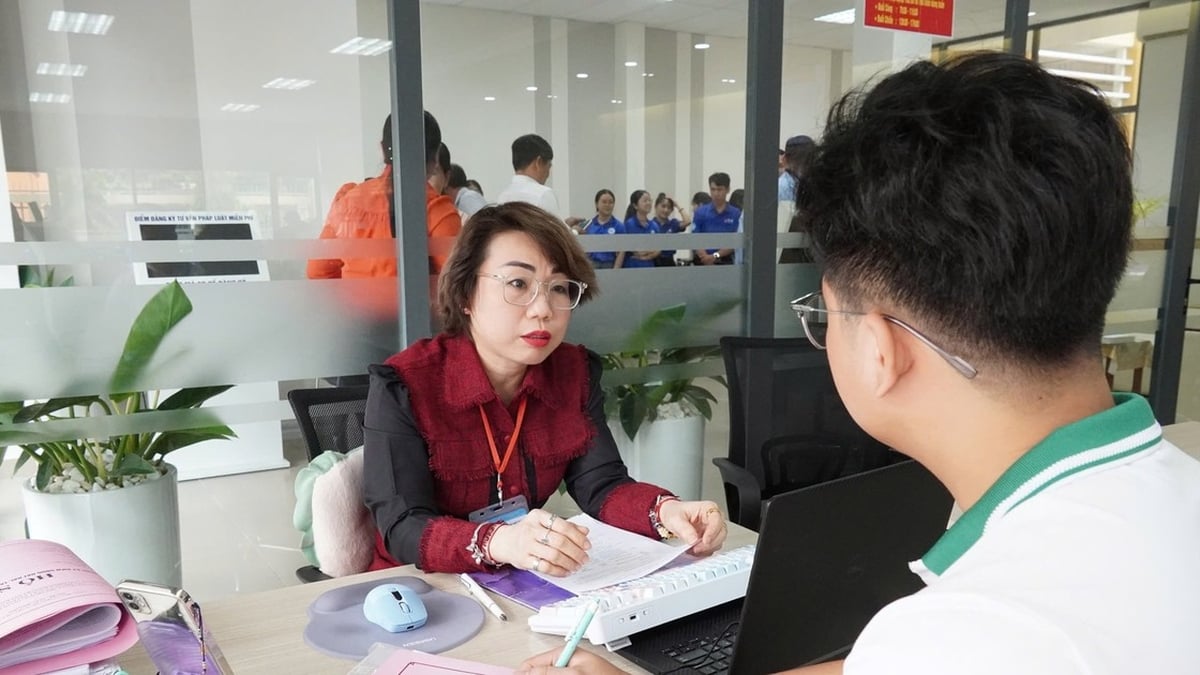
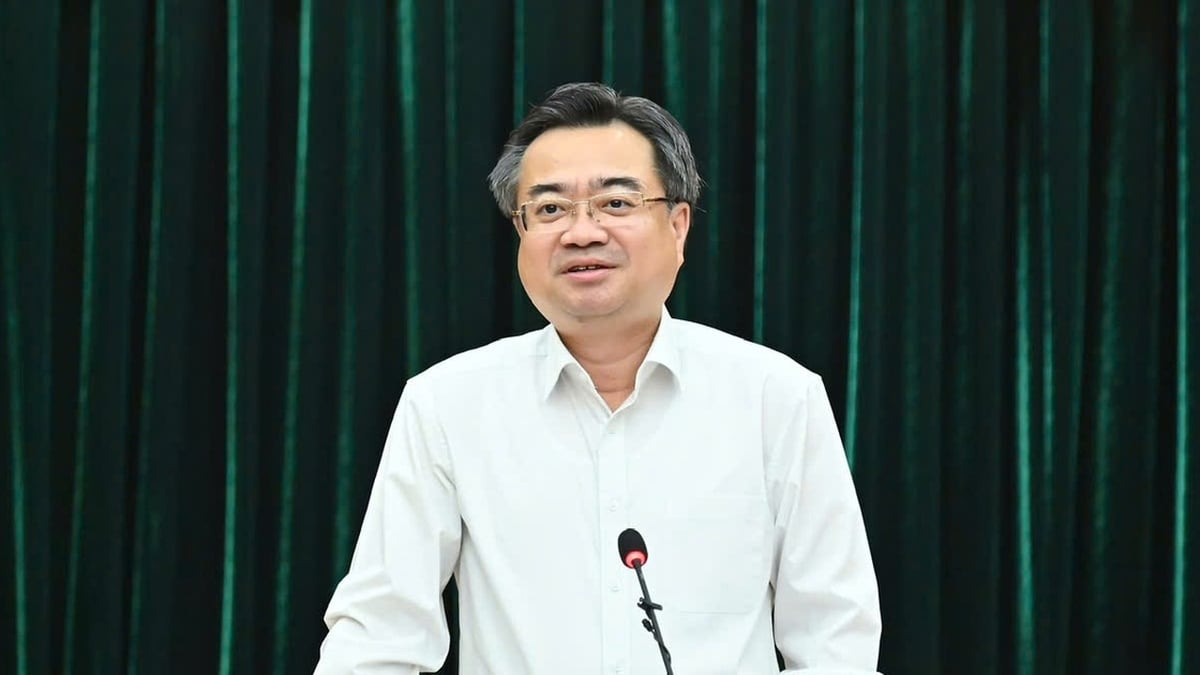

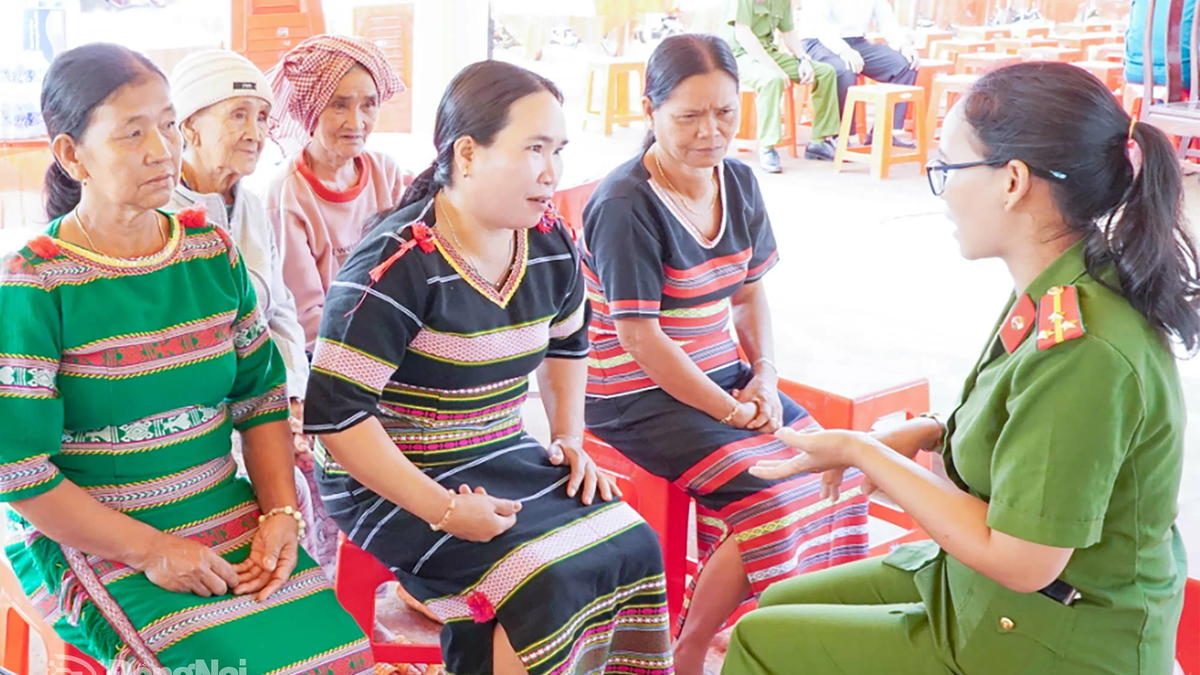
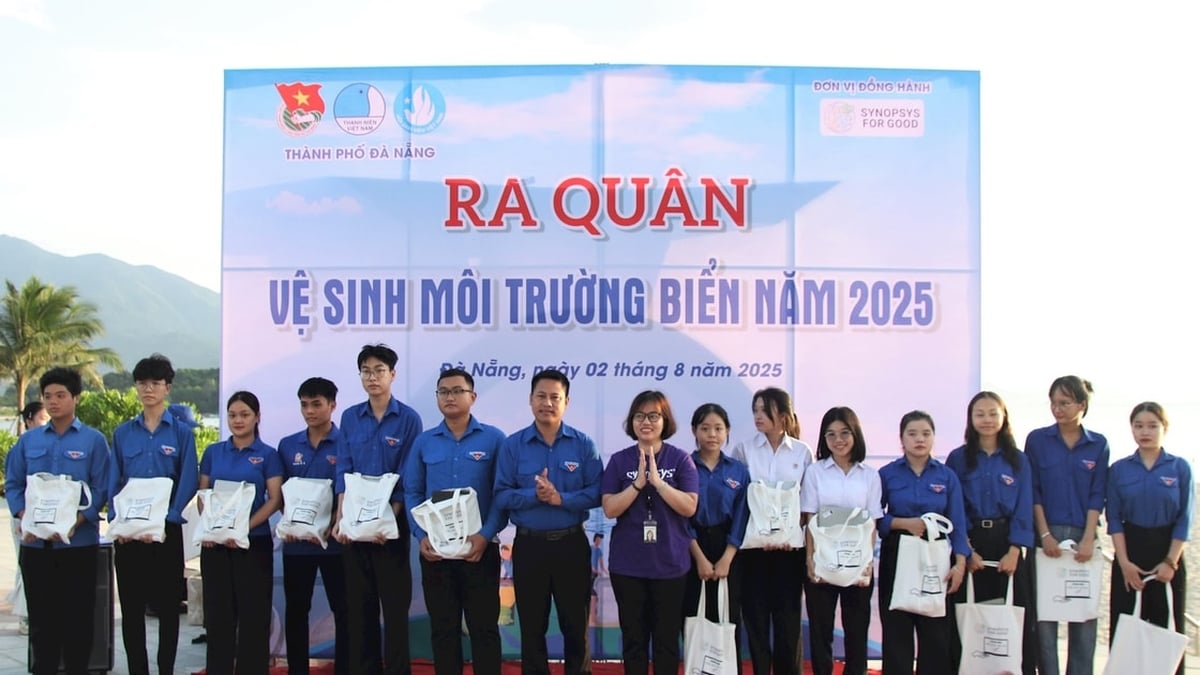

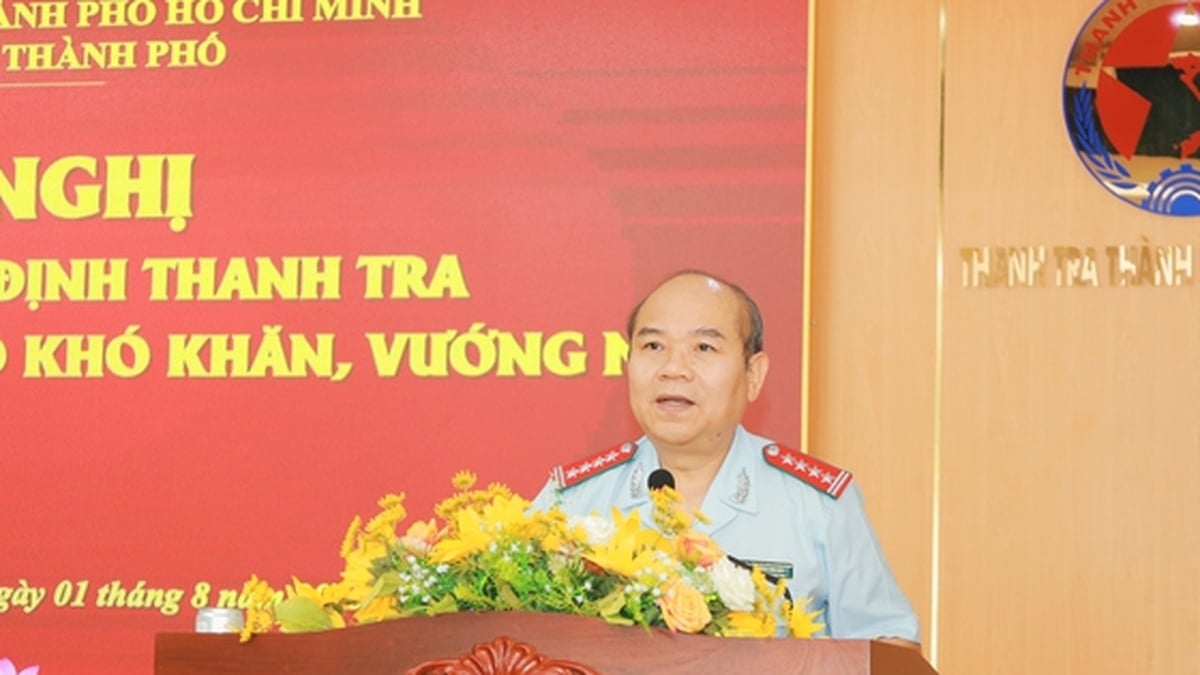
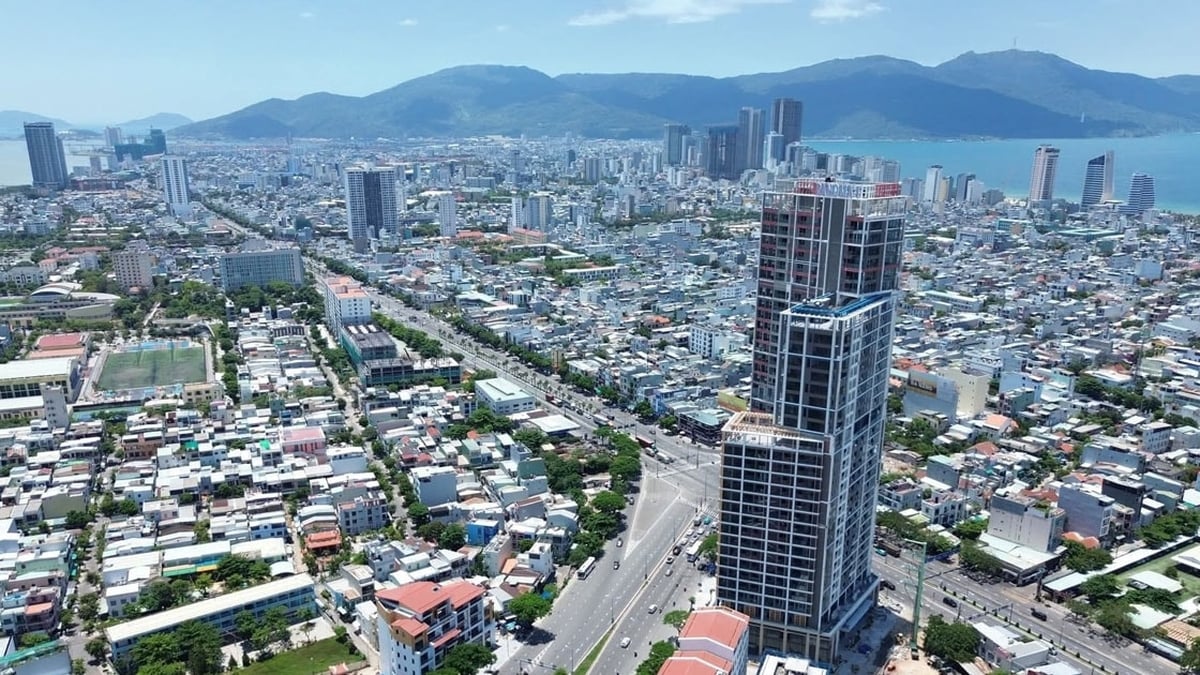
















































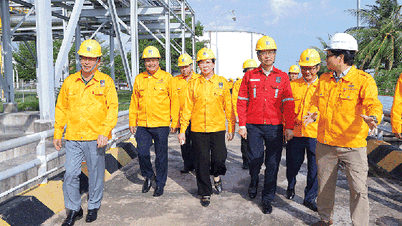







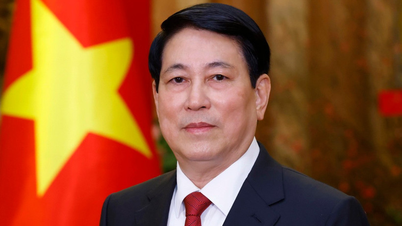


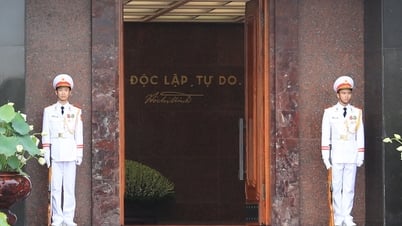

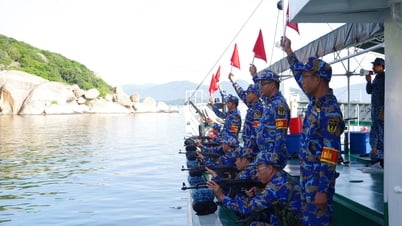
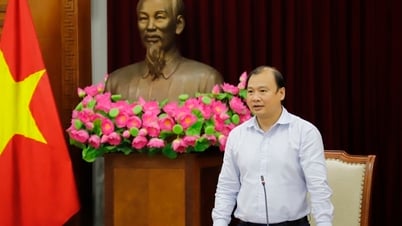

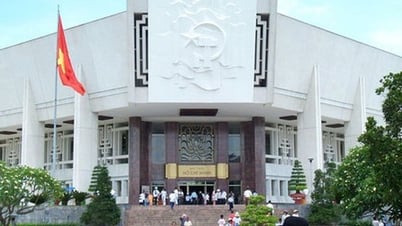




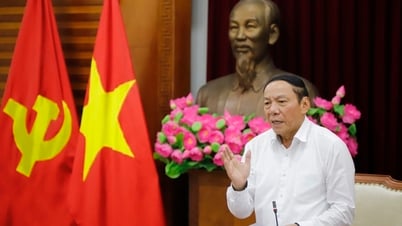























Comment (0)